2017 represents a level of quality in gaming that solidly overshadowed 2016 — something that almost no one expected it could do. But with a higher number of quality games came an even higher amount of drek and disappointment.
Sometimes these are rushed hackjobs that represent the shovelware encouraged by the hundreds of games that are pushed onto Steam on a weekly basis. And sometimes these are finely tuned greed machines that represent something far more insidious and disheartening in the industry at large.
Whether they’re buggy, unplayable messes or deeply disappointing representatives of existing franchises, they deserve scrutiny. And we’ve collected some of the worst. Since “worst” is a word that can cover so many different aspects of a game, these have been collected in no particular order. But feel free to suggest an order of your own in the comments below.
The Life of Black Tiger
Yeah, let’s start off with something so blatantly, unrepentantly bad that we can all have a good shared head nod before we start debating the merits (or more to the point: flaws) of future entries.
The Life of Black Tiger is an utter mess. With graphics that embody the razor-sharp fidelity of the first PlayStation, a story that feels like poorly written Lion King fanfiction, and controls reminiscent of an infant learning to crawl, one can’t help but think of a mobile game that your nephew stealthily downloaded while you were distracted with a second helping of Thanksgiving dinner.
And this is because that’s exactly what Black Tiger is.
Originally developed as a free-to-play game for the Android, indie gaming fans were gobsmacked to find that Life Of Black Tiger was not only being sold on the PlayStation Store (for $10 dollars) but was also being prominently advertised on the PlayStation YouTube channel. There’s a disclaimer before the trailer preview of Black Tiger that it “might be inappropriate for some users,” and I can think of no game that is more deserving of this warning.
It’s slow where it ought to be fast, and it’s boring where it ought to be exciting — if it even works on your PS4 at all. And that’s the biggest tell of all. Take a look at the screenshots of Black Tiger. Take a look at some captures of it. Let its dull roar wash over you, like a wave of raw sewage. Soak it all up, and then remember: This is a game for the PlayStation 4.
The Life of Black Tiger is an ugly, janky mess that deserves the heaps of scorn that have been piled on top of it like wet leaves. Steer clear.
Guardians of the Galaxy: The Telltale Series
In years past, Telltale Games represented a breath of fresh air: a modern twist on the classic adventure games that were a bedrock of video gaming as we know it. Their contribution to the gaming world peaked in 2012 with the release of The Walking Dead, a chilling episodic horror story centered around a new cast of characters in an existing, beloved IP.
In the years since, Telltale has acquired more and more existing properties to inject their style into, and it’s felt as if this strategy has weakened exponentially with every new project the beleaguered developer has taken on. And this year, an advanced coffin nail was hammered firmly in place with Guardians of the Galaxy: The Telltale Series.
Not only is Guardians another example of how by the numbers TT’s gameplay style has become, its house-made engine just feels . . . well, tired. This isn’t to suggest that every game needs to stand up to the biggest powerhouses of the AAA industry in order to keep up, but as the years have progressed, Telltale Tools has struggled to take any steps toward looking and feeling relevant. This is made worse when you consider how samey each one of their games feels these days.
These sins become nearly unforgivable when it comes to Guardians, a franchise that basically screams for treatment under the classic Telltale banner. With its irreverent sense of humor and solid sense of heart, Guardians could have been a true chance for revitalization in Telltale’s offerings. Instead, what we got was a dull, banal adventure that fell deep down the melodrama rabbit hole with nary a chuckle in sight. The illusion of choice remains exactly that: an illusion.
Guardians of the Galaxy: The Telltale Series serves as an almost prophetic symbol of what would happen later this year with Telltale’s massive layoffs, a move that was equal parts tragic and understandable. It’s possible that we’ll see a renaissance of TT in the near future, and hopefully, it won’t look anything like Guardians.
Mass Effect: Andromeda
Okay, let’s get this one out of the way.
While far from the most aggressively terrible game on this list, Mass Effect: Andromeda represents more so than any others the trouble that the AAA games industry is in when it comes to its too-many-cooks approach to development and publishing. If the old adage holds true that a camel is a horse as designed by committee, then Andromeda is a blockbuster camel indeed.
During the course of its five-year development, ME: Andromeda was reportedly passed through so many hands that it never really established a firm identity. Even the Frostbite engine, which at least didn’t require that it be built from the ground up, required a lot of polish and readjustment.
The engine in question, which had never been used for role-playing games, was the source of an army of merciless jokes and memes that flooded the internet landscape like an orcish warband. There were so many gifs of bug-eyed NPCs that it’s said in scientific circles that the excess of them floated off into space, where they’ll one day compress into a new planet with life capable of snark at a level far greater than our own.
The game itself, while applauded for its combat mechanics, was otherwise dull, with a plodding storyline and characters that we spent too little time getting to know, much less care about. Bugs ran rampant, and the aforementioned facial expressions would put a silly face on a series that wanted so very badly to be taken seriously.
The end result was a black spot on a legendary space opera franchise: one that had only just begun to recover from the “three ends which are all the same” kerfuffle that concluded Mass Effect‘s original trilogy. And with the reports that the series as a whole is currently on hiatus, it could end up being an ignoble end to a beloved franchise.
Vroom in the Night Sky
Who rules the gaming world?
Why, that would be Nintendo.
After the record-breaking release of the Switch, a successful foray into the world of mobile gaming, and one game after another that is adored by both fans and critics, it’s difficult to suggest that anyone else could lay claim to the candy-scented throne with more authority than the pride of Japan: Nintendo.
That’s not to suggest that they’re completely bulletproof.
Enter Vroom in the Night Sky. With a score of 17, this onomatopoeic racing game currently stands as the lowest-ranked Nintendo Switch title on Metacritic. And while some of us don’t always put a ton of stock in the idea of numeric score systems, there can be little doubt that Vroom is about as enjoyable as a lecture on politics from a high school freshman.
The visuals in Vroom look like N64 graphics through the eyes of someone who is hungover and half-blind from a night of drinking rubbing alcohol and paint thinner. The translation goes from annoying to levels of The Room-style amusing, and then back to annoying again.
The gameplay, such as it is, amounts to clumsily drifting through the sky on a motorcycle in search of collectibles that let you unlock . . . more motorcycles. And even if you did somehow enjoy the gameplay, there’s a scant hour and a half of it to enjoy before you have the option to start over again. But that’s only if you’re desperate to prove that Nintendo never makes mistakes, in which case: Godspeed to you.
Double Dragon 4
Recent years of observing and analyzing the geek industries that surround us have led to many of us recognizing something fairly important: nostalgia will not save you.
It’s a trend we’ve been seeing more and more: some necromantic game designer says, “We shall take this long-dead game or genre and give it life!” Cue the lightning bolts. And then his faithful assistant Igor (I assume his name is Igor — I never asked) asks the designer, “How about we modernize it a little bit just so the differences aren’t so jarring when we bring it to a world that has moved on in both technology and expectations?”
What Double Dragon 4 needed was even the slightest hint that the developers were aware that they weren’t still living in 1988, and a more polished take on the beat ‘em up that inspired so many that came after it. And with carbon-copy sprites, controls, and built-in glitches, this game is rice paper thin, relying on sales that come directly from you remembering how much fun you had playing games like this as a kid.
Oh, and you read that right: they built in glitches such as screen tear. And that signifies best of all where it was that Double Dragon 4 missed the forest for the trees. The most effective forms of nostalgia mining come from experiences that make you feel the way you did when you played that game or watched that show.
It’s why the nostalgia factor in shows like Stranger Things is so effective. It embodies a time that’s gone by, borrowing in the right ways from the right places. At no point during Stranger Things will Tim Curry’s Pennywise hop on camera, make a threat, and then hop off again. Because if I wanted that feeling, I’d just watch the It mini-series again. And if I wanted the feeling I had from playing Double Dragon again, I’d simply play that.
There are times when the veneer of nostalgia is more than enough: preferable, actually. And this is doubly true in an industry that shifts and evolves as rapidly as video games. Double Dragon 4 is alarmingly similar to the three NES titles that came before it. And that’s its entire problem.
—
This list just scratches the surface of the absolute stinkers that lived on the underbelly of 2017’s year in gaming. What were some of your favorite (or least favorite, depending on your look at it) terrible games of 2017? Let us know in the comments below.

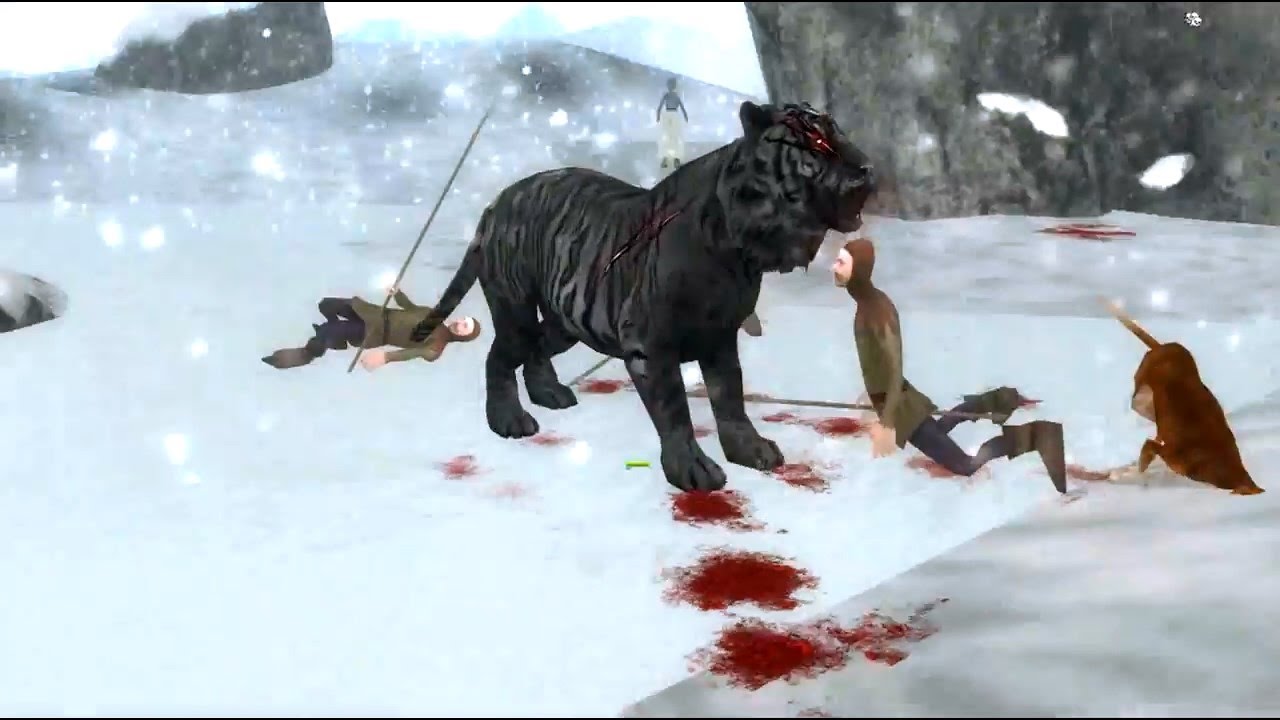
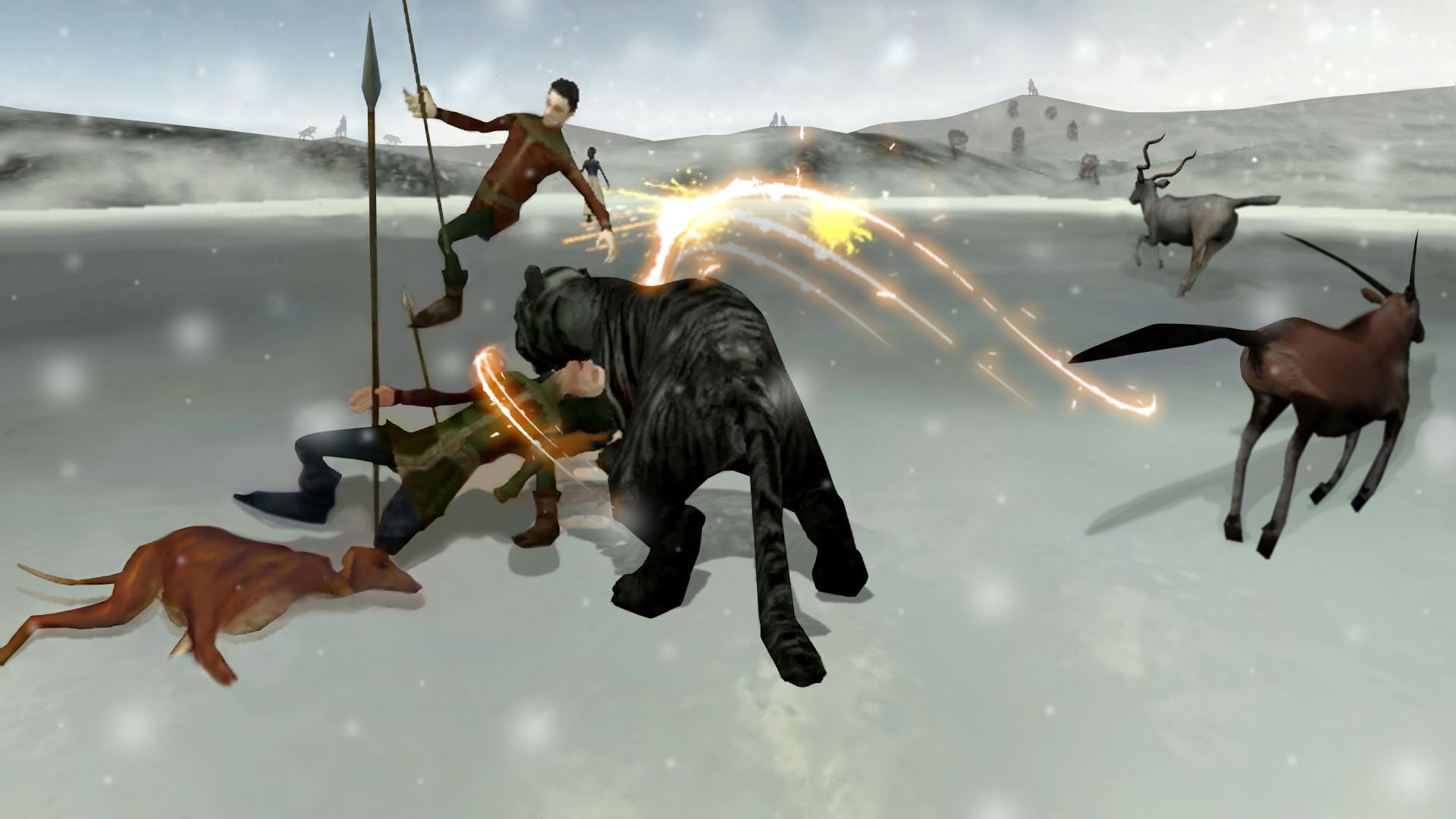
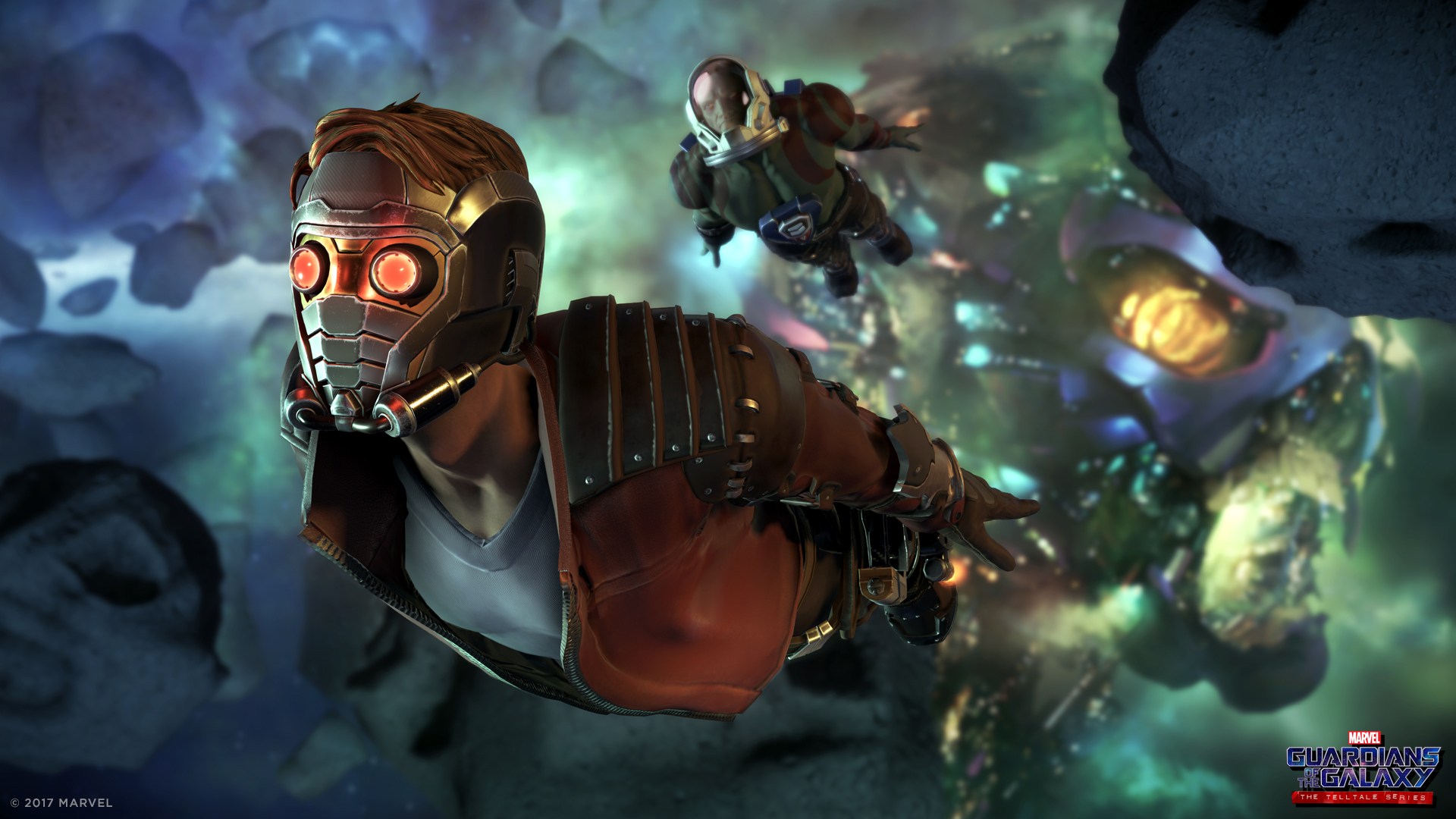
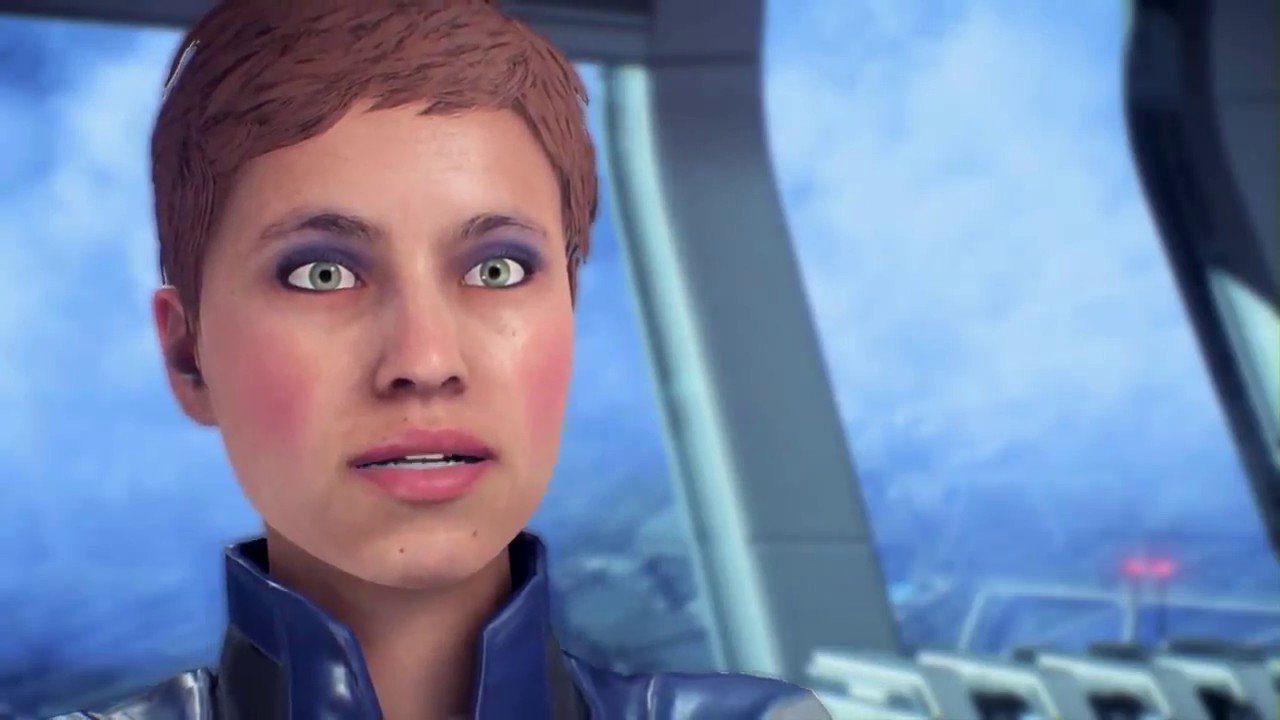
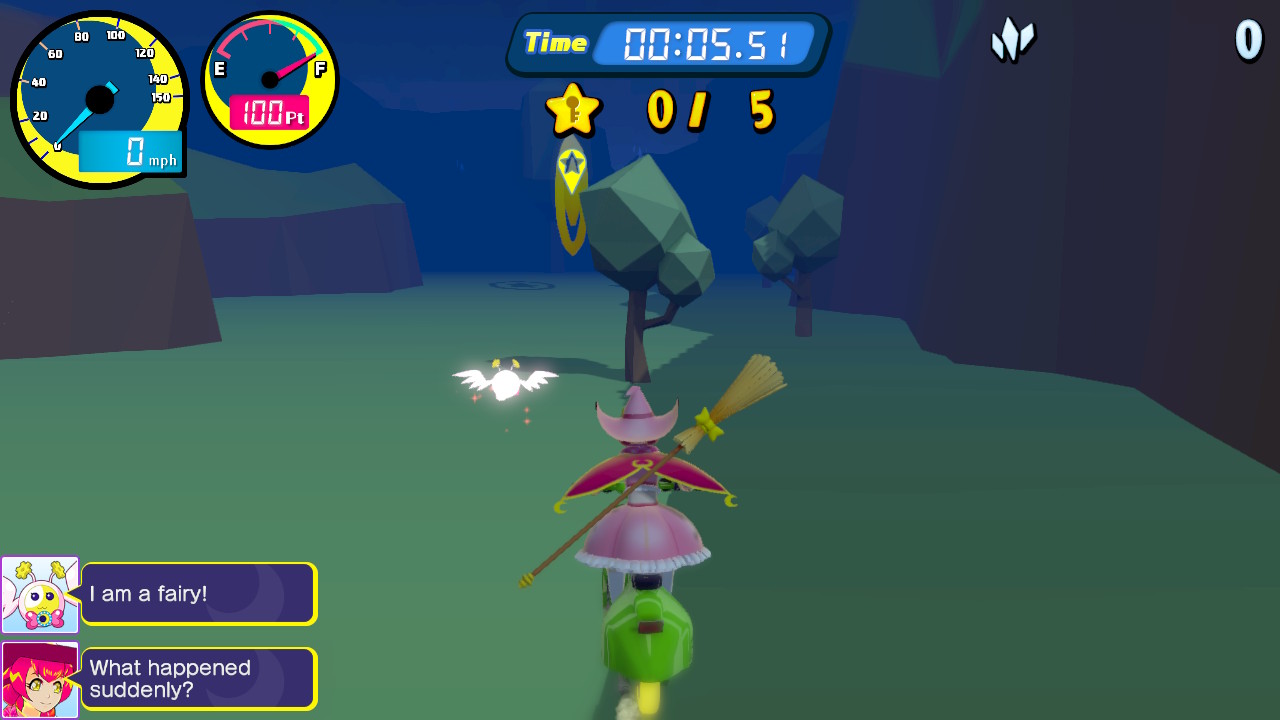
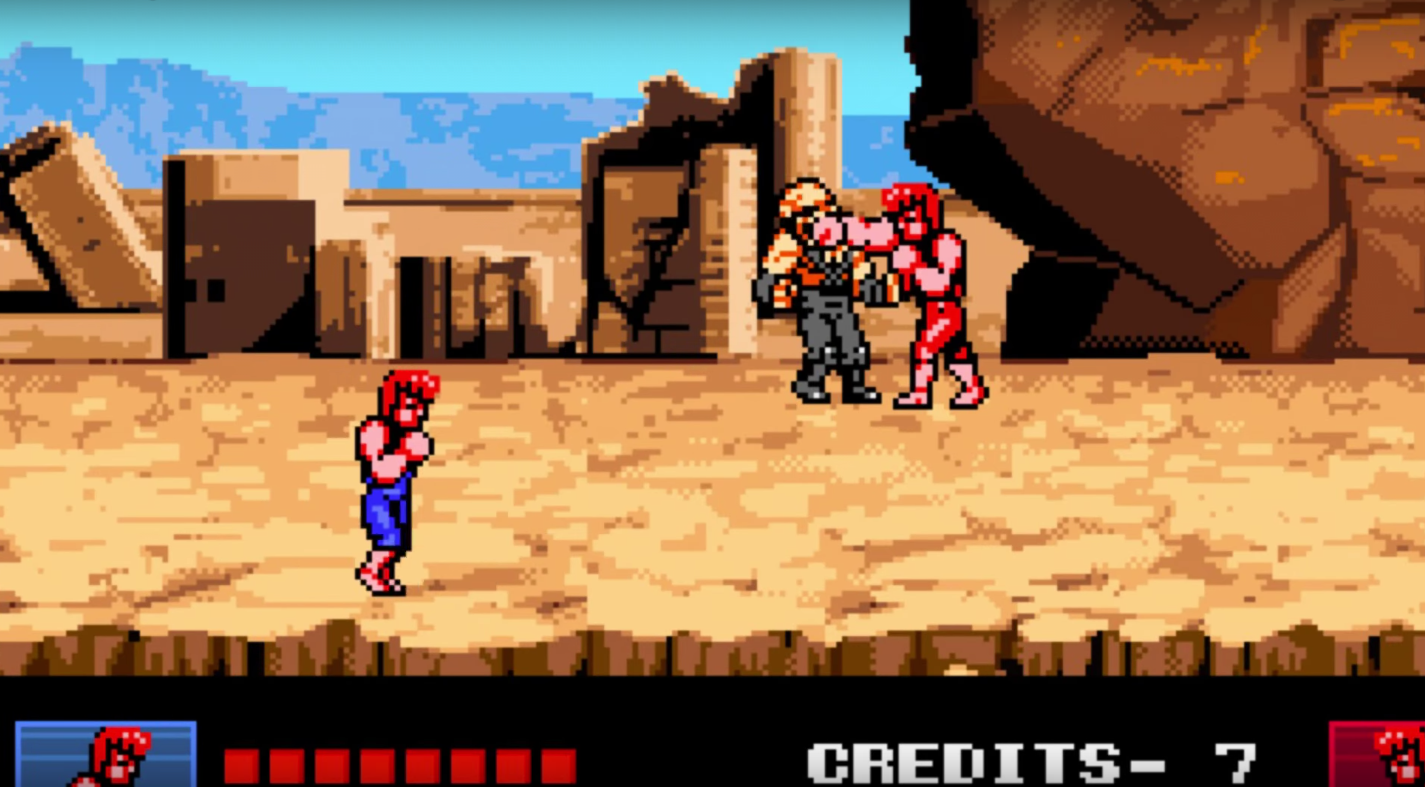
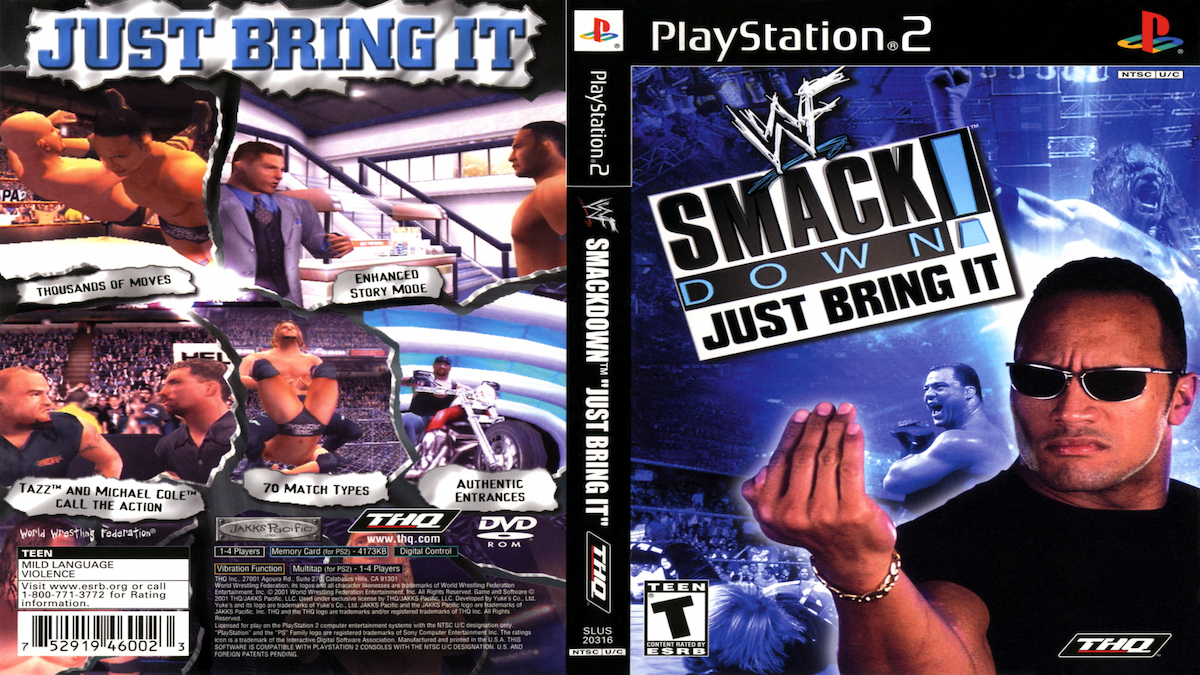
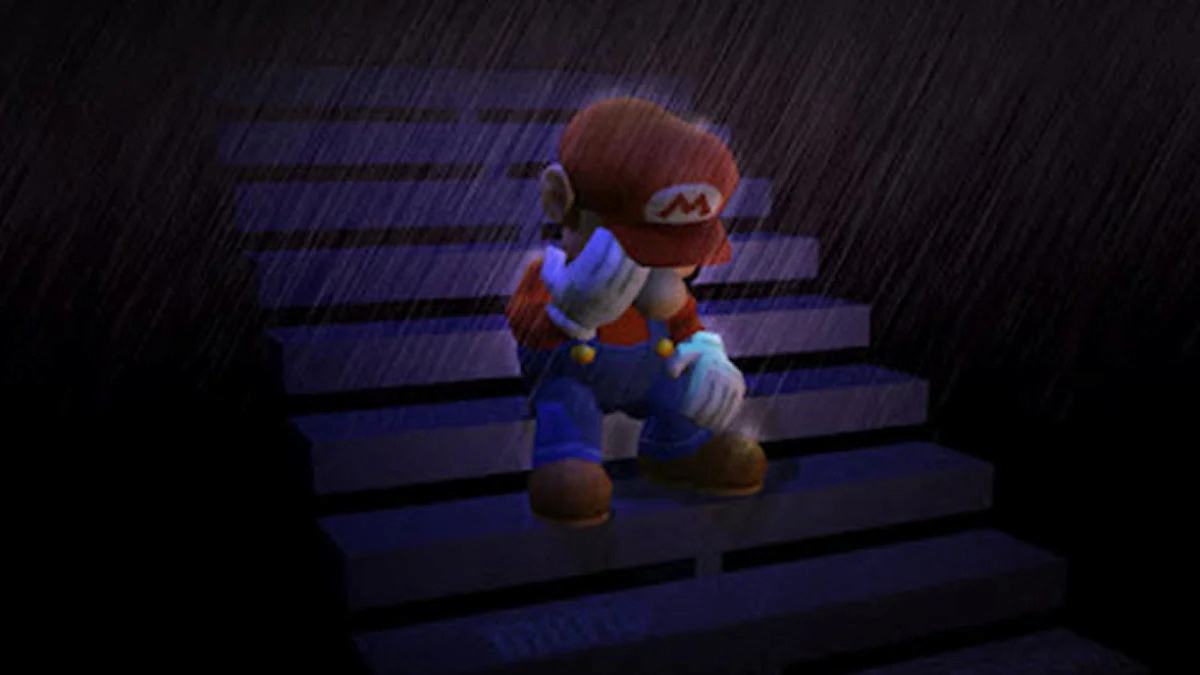
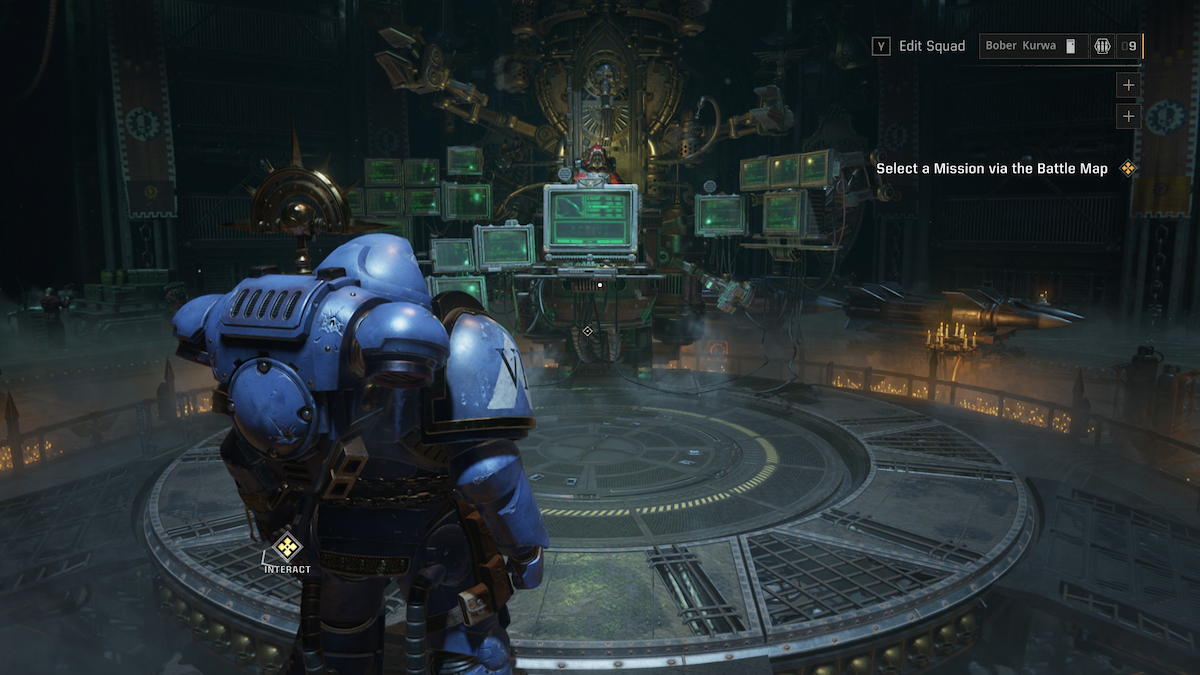
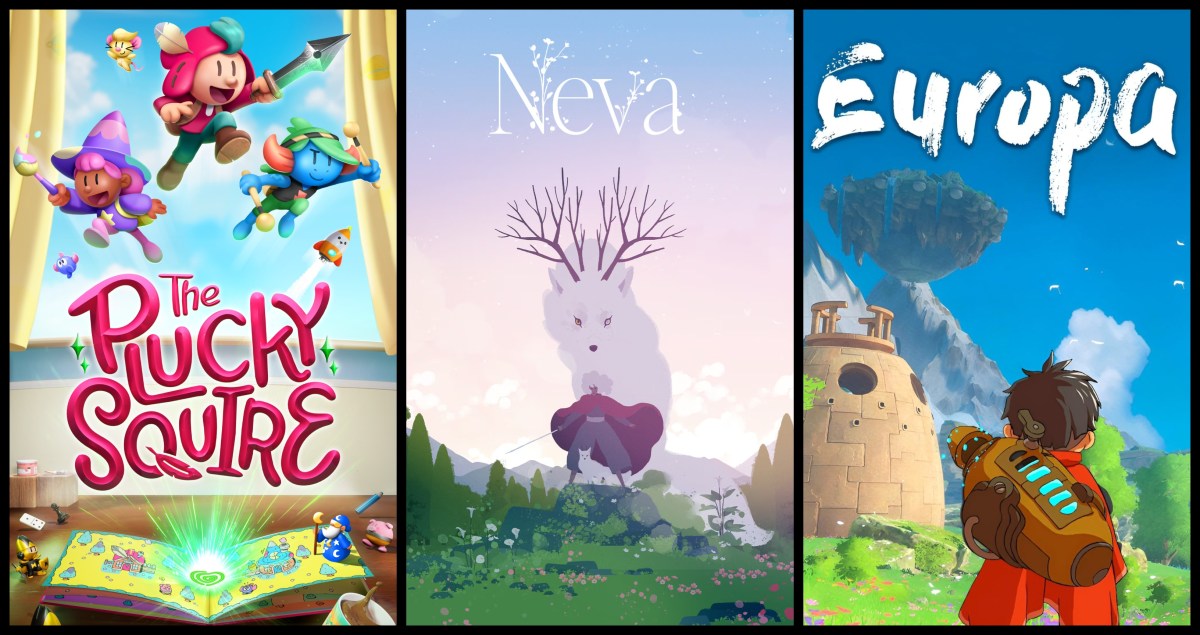
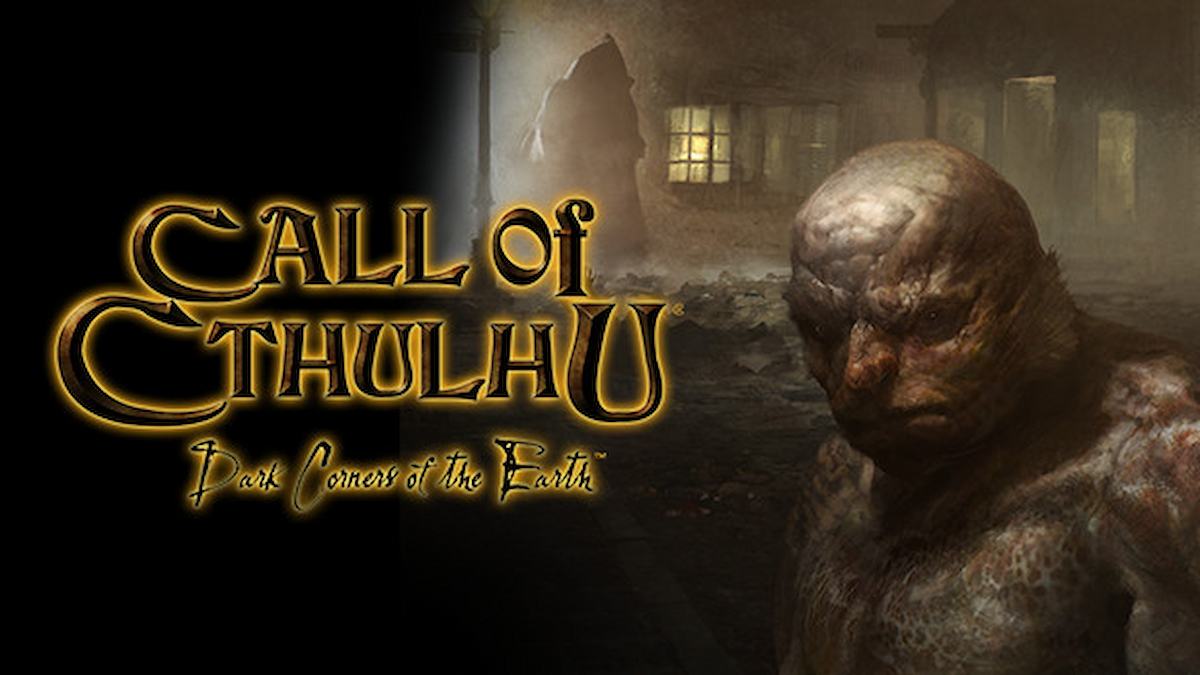
Published: Dec 4, 2017 02:21 pm